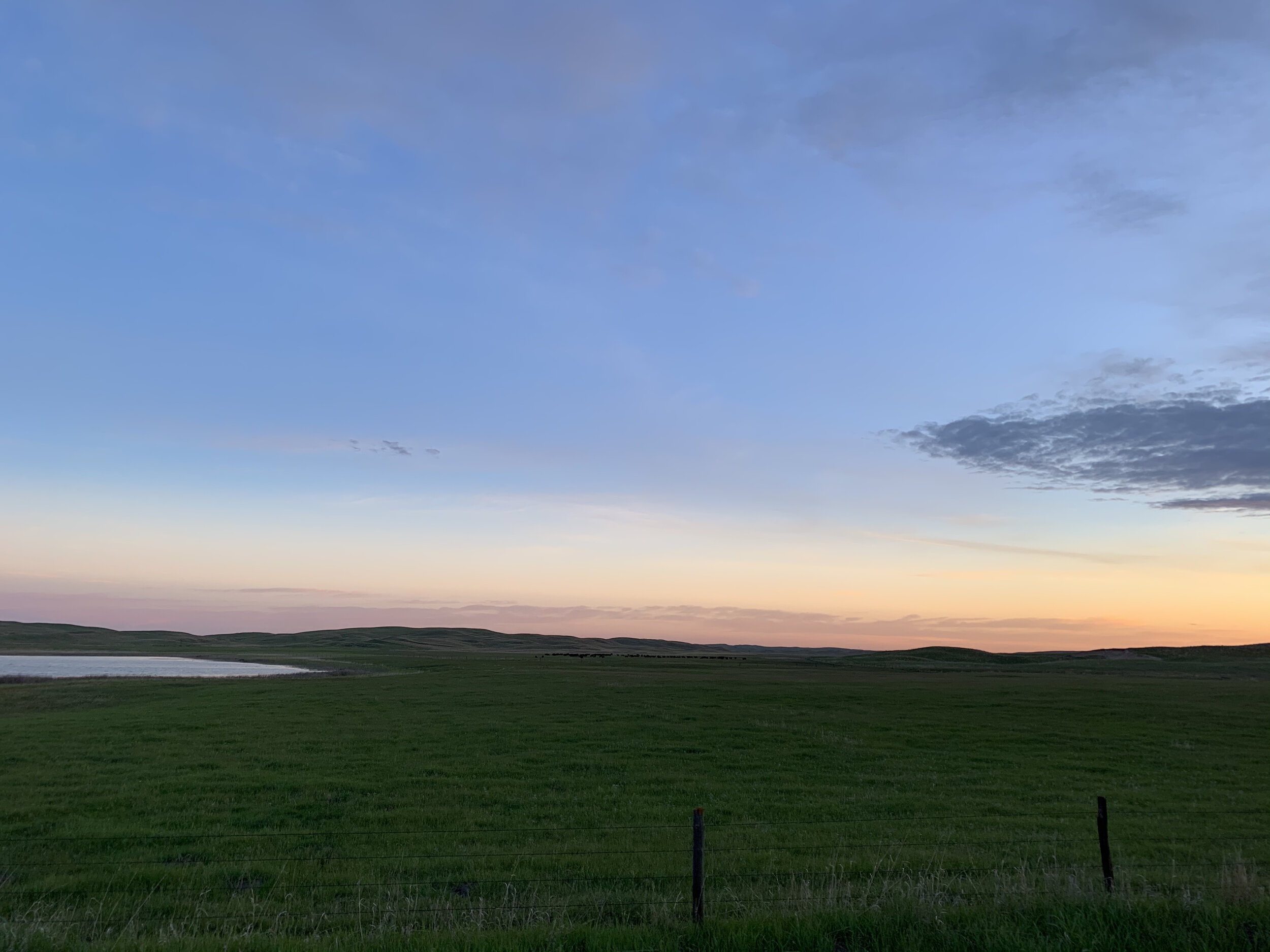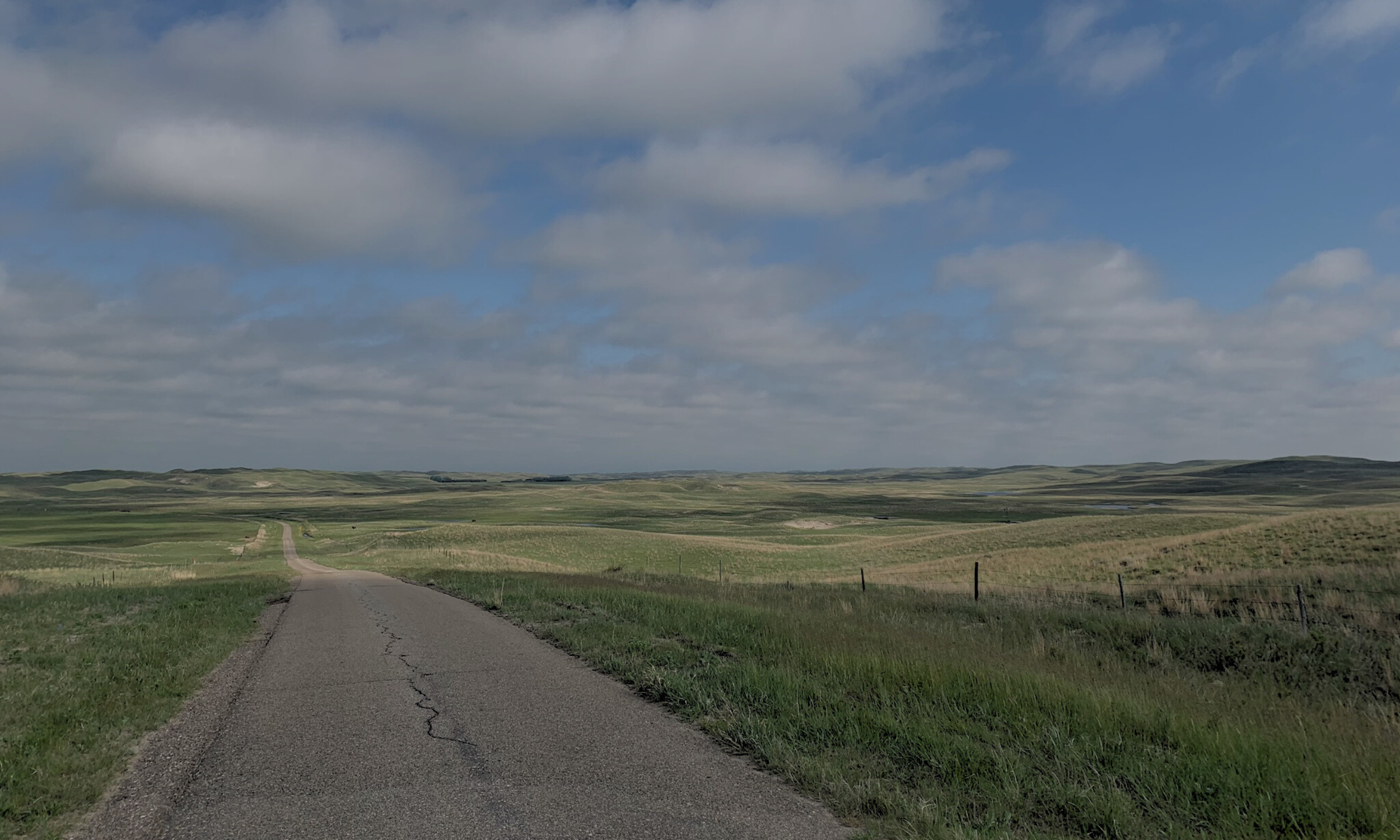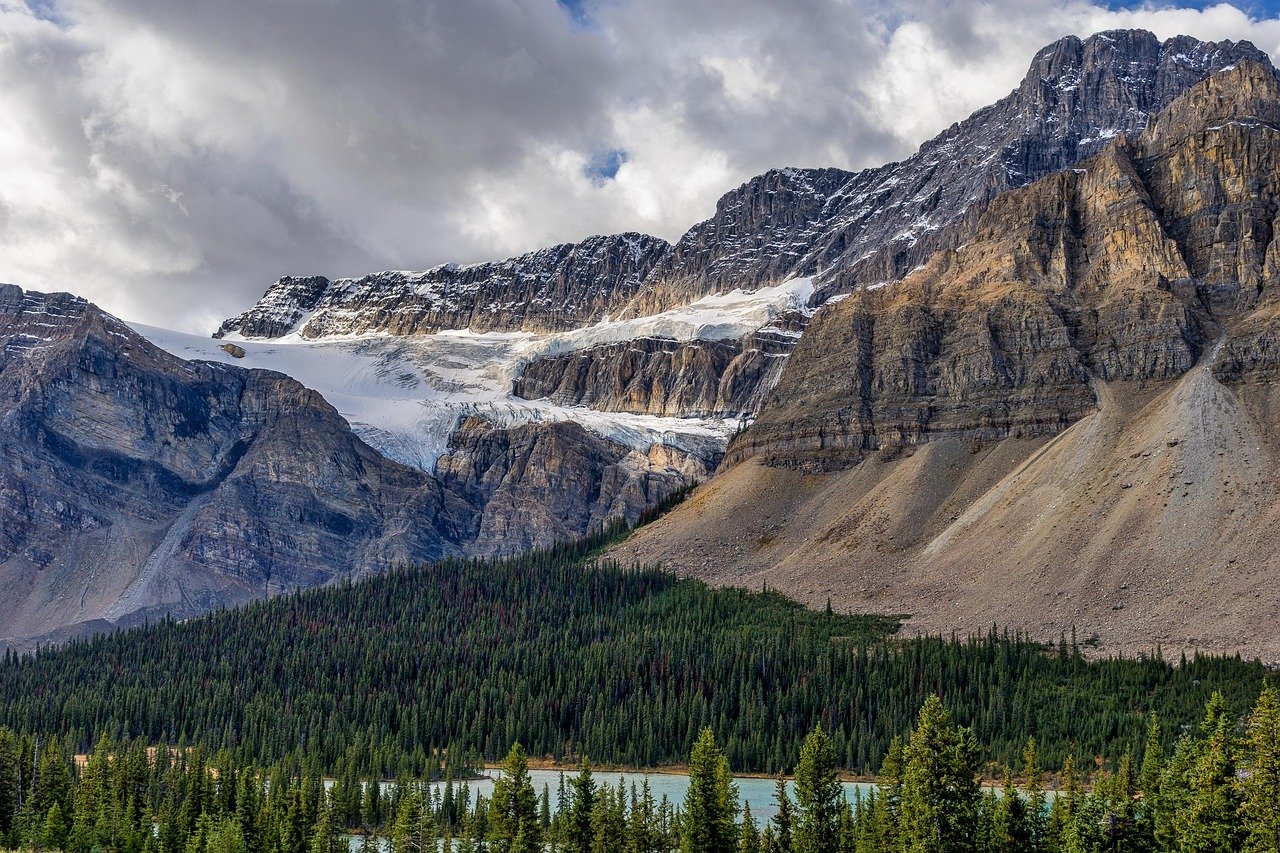The Rural Review
An online journal produced in conjunction with the Rural Reconciliation Project.
Hisey: Conservation Easement Policy in Canada
In “Provincial Diffusion, National Acceptance: The Transfer of Conservation Easement Policy in Canada,” author Forrest Hisey (Geography, Geomatics, and Environment, University of Toronto) surveys the development of conservation easement (CE) legislation development in Canada to understand the state of CE policy as well as policy diffusion methods leading to this development.
Shoemaker & Tierney: Trading Acres
In Trading Acres, Jessica A. Shoemaker (Law, University of Nebraska-Lincoln) and James Fallows Tierney (Law, Illinois Institute of Technology) address the growing trend of financialization of farmland.
Xiaorui Qu et al.: Broadband Internet Speed Upgrades and the Farmland Market
In “Broadband Internet Speed Upgrades and the Farmland Market: A Shift-Share Instrumental Variable Approach,” authors Xiaorui Qu, Qinan Lu, Minghao Li, and Wendong Zhang (all College of Economics and Management, China) conduct an empirical analysis of the impact of investment in broadband internet on the value of America’s farmland.
Schneider et al.: Financial Incentives and Landowner Interest in Reforestation
In Financial Incentives and Landowner Interest in Reforesting Open Lands in the Southeastern United States, authors Chloe Schnieder and Nina Randazzo (Environmental Defense Fund), Ram Kumar Adhikari (Forestry, Mississippi State University), and Neelam Chandra Poudyal (Natural Resources, University of Tennessee) examine the factors influencing landowners’ willingness to participate in reforestation programs.
Van Sant & Fairbairn: Towards a Right to the Rural?
In Towards a right to the rural?, Levi Van Sant (Integrative Studies, George Mason University) and Madeleine Fairbairn (Environmental Studies, University of California – Santa Cruz) explore the conceptual framework of ‘a right to the rural’ to clarify struggles to access rural spaces.
Villavicencio-Pinto: Property Regimes and Climate Adaptation
In Beyond the Agro-export Boom: The Challenges of Land Concentration and Fragmentation in Chile, Eduardo Villavincencio-Pinto (Kent Law School, UK) examines the neoliberal rural property regime in modern Chile and its implications for how the country can meet the challenges of climate change. The author conducted a study of rural Chilean property ownership, evaluating two main trends: land concentration and land fragmentation. Employing a historical, cartographic, and socio-legal approach, Villavincencio-Pinto shows how both trends have had negative effects on the rural landscape in Chile and challenges the sustainability of this foundational system.
Stern & Tarlock: A “Managed Retreat” Policy for Western Water Rights
In Moving Water: Managed Retreat of Wester Agricultural Water Rights for Instream Flows, authors Stephanie Stern (Arizona Law) and A. Dan Tarlock (Chicago Kent College of Law) discuss the current state of water rights in the West and advocate for a change in federal policy to reallocate Western water rights to address the effects of the “megadrought.”
Hisey et al.: Fears and Fences: Bison on the Canadian Prairies
In Fears and Fences: Social and Material Barriers to Plains Bison on the Canadian Prairies, authors Forrest Hisey, Melissa Heppner (both Geography, Geomatics, and Environment, University of Toronto, Mississauga), and Andrea Olive (Political Science, University of Toronto, Mississauga) conduct a qualitative study to determine the largest barriers to the “rewilding” of bison on the Canadian Great Plains with a particular focus on the colonial attitudes that conflict with Indigenous groups’ efforts to reintroduce bison.
Call for Papers: Fall 2025 Law & Rurality Workshop (Virtual)
Call for Papers - Law & Rurality Workshop - Hosted Virtually Fall 2025
Wang & Sun: Adverse Possession of Forestland
In Disputes of Adverse Possession on Forestland and the Determinants of Case Outcomes, authors Hui Wang (School of Economics and Management, Beijing Forestry University) and Changyou Sun (Department of Forestry, Mississippi State University) examine the statistics of winning and losing adverse possession claims on forestland in the United States.
Dunlap et al.: A Dead Sea of Solar Panels
In ‘A Dead Sea of Solar Panels’: Solar Enclosure, Extractavism and the Progressive Degradation of the California Desert, Alexander Dunlap (Global Development Studies, University of Helsinki), Benjamin Sovacool and Bojana Novaković (both Institute for Global Sustainability, Boston University) discuss the spread of solar energy projects in the Mojave desert and the overlooked negative impact both on the environment and the people who live there.
Eminent Domain: After the Pipeline
Event video of discussion among the Rural Reconciliation Project and friends about rural futures, inspired by an upcoming premier of the Angels Theatre Company’s new play, Eminent Domain.
Explore the Rural Review
Brief, objective summaries of new rural research across academic disciplines.
Collections of recent rural scholarship, news, and events.
Guest opinions, essays, research summaries, and other original content.
Original book reviews, creative reading lists, and further resources.
Summaries and announcements from recent programs and workshops.


















